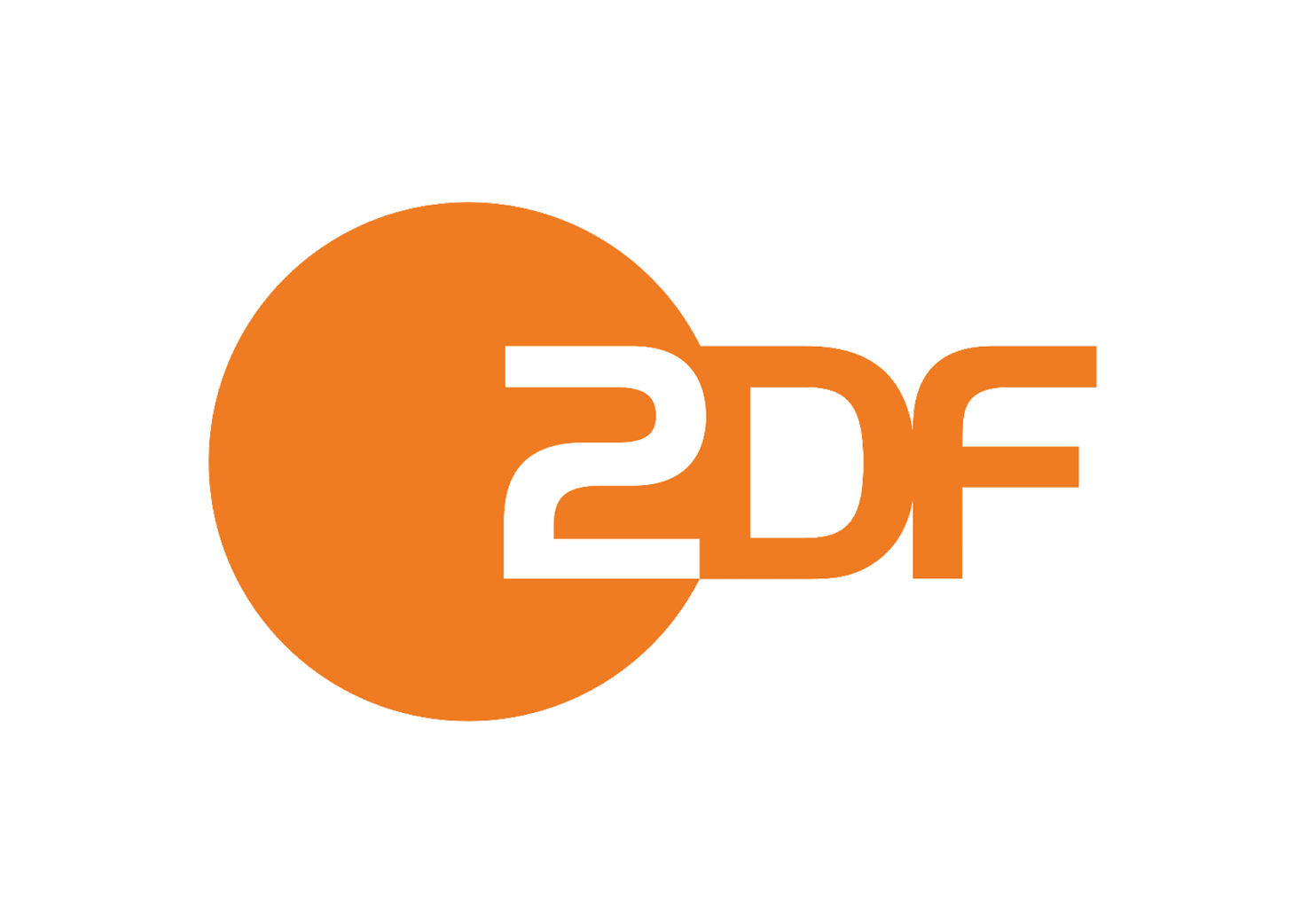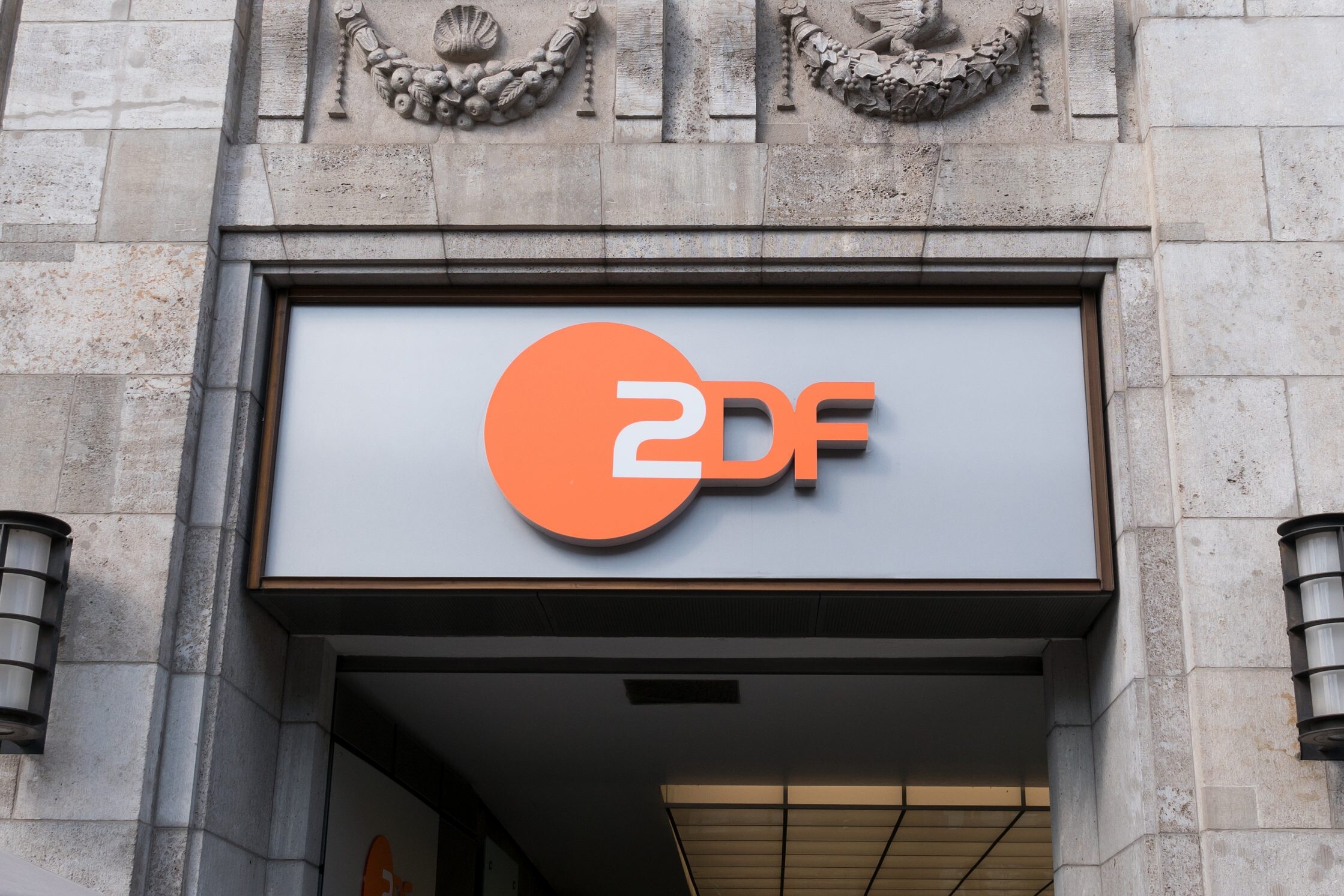GERMANY
How are German public broadcasters responding to the rejection of the licence fee increase?
Halting the planned increase in Germany’s public broadcasting fee means that German public broadcasters have had to adjust financial plans and implement cost-cutting measures to make up for the shortfall in funding.

Many German public media have already been facing ongoing financial pressures, which have only exacerbated during the COVID-19 pandemic with declining advertising revenue. For many, the licence fee increase has been a long-time coming and had started drafting plans around the proposed increase.
A Federal Constitutional Court ruling is still to be declared on whether the blocking of the licence fee increase violates the law on the freedom of broadcasting. In the meantime, German public media are trying to make savings without affecting their programming.
It is projected that, if the licence fee does not increase, ZDF could experience a 150 million euro shortfall each year until 2024. ZDF’s Director General, Thomas Bellut, informed the Board of Directors that, while management is trying to make savings without affecting the quality of programming, this may be inevitable from next year if 75% of reductions would have to be made in this area.
At the start of the pandemic, ZDF offered to help fund producers that create content for ZDF. Bellut was quoted in a press release saying: “Especially in the Corona crisis, I consider it my duty to continue to support the medium-sized German producer landscape and creative people and at least not to restrict the program for as long as possible. However, it is also clear that a prolonged lack of premium increases will have serious consequences…”
At the end of January, the North German Broadcasting Corporation (NDR), one of the largest of ARD’s nine public broadcasters, announced that it was cancelling a wage increase, originally planned for 1 April. Süddeutsche Zeitung reported that NDR was missing out on around 2.8 million euros a month and was “exercising a special right of termination for the third stage of the collective wage agreement”.
Deutschlandradio also announced that it was terminating its collective bargaining agreement – among other austerity measures – that would have resulted in a 2.25 wage increase for employees. According to Spiegel, “Deutschlandradio is threatened with a deficit of 66.5 million euros.”
Meanwhile, Germany’s Institute for Broadcasting Technology (IRT) has gone into liquidation after its stakeholders, which include ARD, ZDF and Deutsche Welle, could not find a “viable model” to sustain it. Research has ceased and employees will be made redundant by the end of March.
The austerity measures come at a time when Germany’s local media sector is also facing financial hardship as the threats of newspaper closures and job losses are rife. But these funding pressures are not unique to Germany.
Many public media organisations worldwide face existential threats from budget reductions following cuts to state subsidies and declining public support for licence fees. In the past year, even though public media have demonstrated their value to society during the global pandemic, they are still expected to do more with less. Without stable and sustainable funding, public media will be unable to continue their essential work.
Related Posts
8th January 2021
Licence fee increase for German public broadcasters rejected
Plans to increase the licence fee for…
13th May 2020
The financial impact of Covid-19 on European public broadcasters
Many European public broadcasters are…

